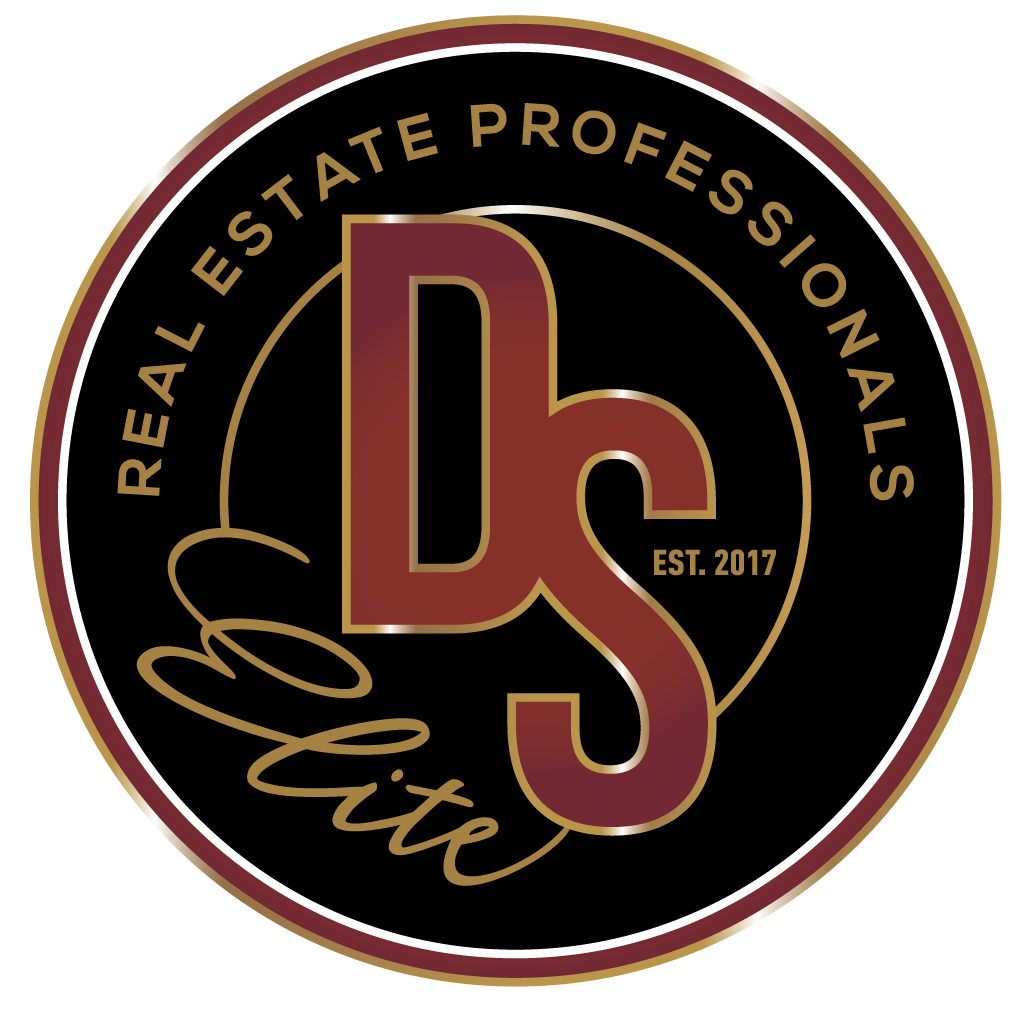● Delay spending if possible
Avoid unnecessary purchases several months in advance of applying for a mortgage. Your lender will see all your recent credit inquiries and will require the borrower to provide account balances and monthly payments if new accounts have been opened. Additionally, credit card balances can reduce your credit score and also the amount of the mortgage you can qualify for. This can be the case even if the accounts are paid off in full each month because the credit report shows the outstanding balance and minimum payment due on the day the credit report is ordered. Revolving debt can be paid off during the mortgage process, but it can be inconvenient for the borrower.
Once you’ve selected a lender and applied for a mortgage, absolutely do not make any big purchases using credit as this will change the debt ratios used by the lender for approval. Large cash purchases (particularly with real estate since the property taxes must be accounted for by the lender) may also have a negative impact.
● Give thought to how long you will be in the home
Knowing approximately how long you will live in a home (or if you plan to keep it as a rental property later) can be instrumental when choosing a loan type. Adjustable Rate Mortgage (ARM) loans are available and may provide savings for those who are confident that they will be selling in a period of 3 to 5 years.
If you think you are purchasing your “forever home”, a fixed rate mortgage (Typically a 15 or 30 year loan) will likely be the best option as fixed rate mortgages provide you with a guaranteed principal and interest payment without risk that the rate/payment will increase. Should rates drop, refinancing to a lower rate is a great option for savings.
● Take a look at your employment history
Have you been at the same job or in the same line of work for at least two years? Have there been any changes to your compensation (such as commissions, bonuses, overtime income, etc.)? How are you paid (1099, W2, etc.)? If you are self-employed, for how long? Is your income increasing? Decreasing?
Knowing your salary and preferably having access to your most recent tax documents and paystubs will allow your lender to accurately determine your income and qualify you appropriately and quickly.
● Know your Assets
Unless you are able to obtain 100% financing by using financing from the Veterans Administration (VA) or United States Department of Agriculture (USDA), you will need liquid assets for your down payment and closing costs. Generally funds for closing are deposited in checking accounts, savings accounts, investment accounts or retirement accounts.
Any necessary funds for closing will need to be verified (1) electronically, (2) directly from the bank or (3) by using two months of bank statements or some combination of these three. Your lender will review the documentation to be sure that sufficient funds exist and will ask you to explain any deposits or transfers between accounts.
Monetary gifts from family are common and perfectly acceptable as funds for closing.
Unacceptable sources of funds for closing include cash where the source cannot be documented, an unsecured loan, a credit card advance and others.
If you’re thinking of purchasing or refinancing a home or investment property or have any questions regarding obtaining a mortgage, don’t hesitate to contact Mike Coble. Mike is a licensed mortgage originator proudly providing mortgage services for 30 years.
Michael D. Coble
Residential Mortgage Loan Originator and Branch Manager
NMLS ID 216200
Sponsored by NTFN, Inc., NMLS ID 75333
512-657-6600 Cell
mike@teamcoble.com
www.teamcoble.com

